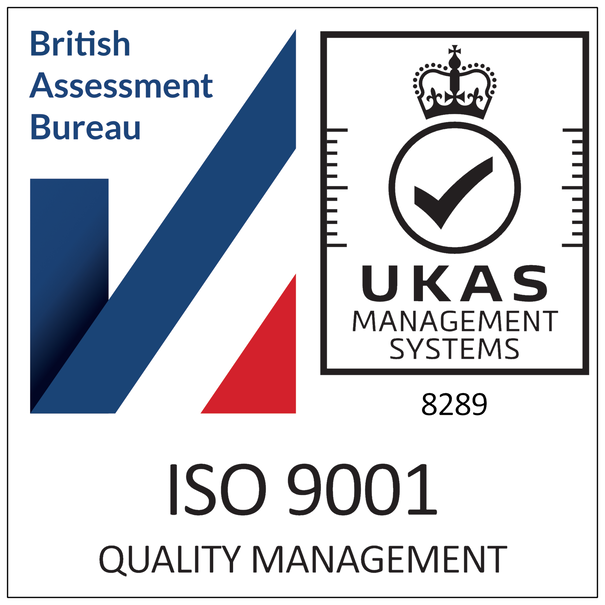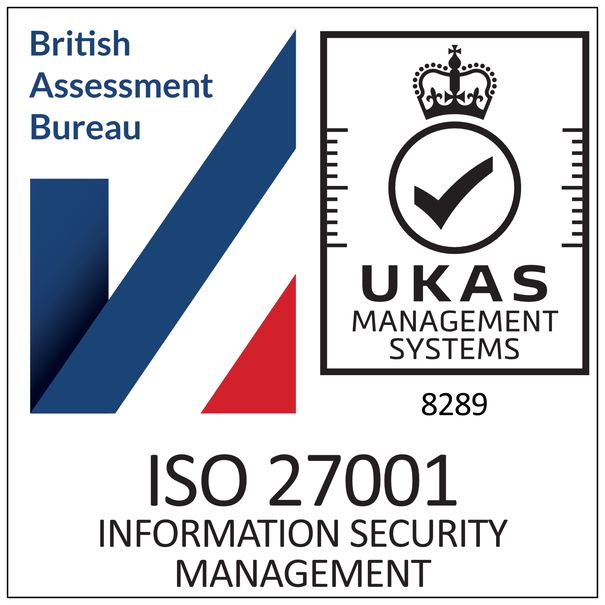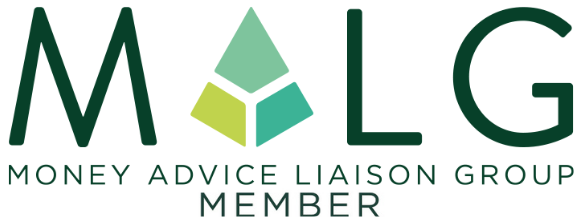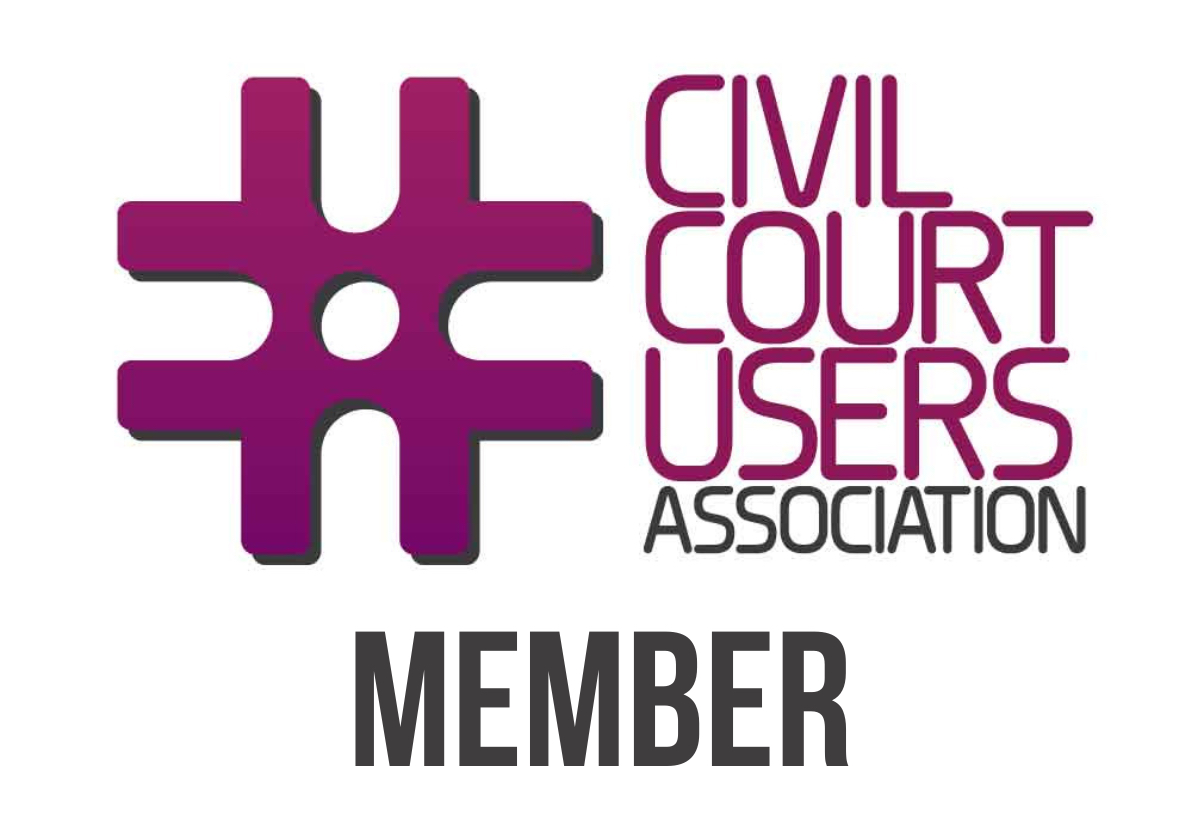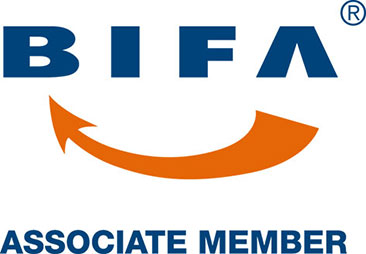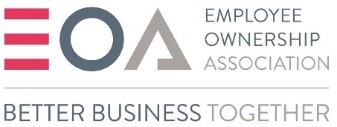
Freelancers know that working for yourself means accepting the risk that there will always be clients who fail to pay on time or sometimes fail to pay at all.
Every freelancer has experienced a payment that continues to run late and having to chase clients for unpaid invoices, but unfortunately late payments are all too common at every level, from independent contractors to small startups trying to get their businesses off the ground.
Whilst late payments impact businesses of all sizes, studies have shown that small and medium enterprises (SMEs) and freelancers are particularly at risk, with the impact of late payments leading to financial instability, debt, and even closing down.
A survey of 560 freelancers and SME owners revealed that 22% experienced an increase in late or non-payments last year. The data also showed that nearly half of the respondents had payments owed to them that were over 15 days overdue, while 13% stated they didn’t get paid at all and had to write off the money owed.
Freelancers are a growing force in the economy, but unfortunately can be seen to be in the precarious position of being easy to take advantage of, with paying them an easy expense for clients to put off or avoid. For freelancers and small businesses, it beneficial to ensure you have a contract in place to avoid this. Contracts and agreements should contain clear payment terms and reference late payment penalties. A deposit or proforma invoice is also a good option.
Late payments are a quiet, yet powerful economic disruptor, and with b2b debt recovery on the rise many freelancers and small businesses are turning to professional debt collection agencies for assistance. Before this stage however, there are some steps that can help business owners experiencing late payment.
Research new clients and their credit history
There’s no ‘one-size fits all’ solution when it comes to clients that are bad payers, however, there are things small business owners can do to limit their risk. Before entering any business relationship, take the time to vet the potential client. Credit reports and credit scoring services can offer insights into their financial stability and payment track record.
This upfront due diligence can help you identify red flags, make informed decisions about whether to engage with a particular client and save you from the frustration and financial strain of dealing with late-paying clients down the road. We recommend identeco which provides financial information on over 4 million UK companies.
Consider asking for a deposit or staged payments
Consider requesting a deposit, or implementing staged payments, to secure your financial interests on a project. By asking for an initial deposit upfront or breaking down payments into stages based on project milestones, you reduce the risk of late or non-payment. This can encourage transparency and trust between you and your clients by aligning their payment obligations with the delivery of agreed-upon results, creating a win-win situation for both parties.
Ensure contracts are clear from the outset
Before commencing any work, it’s worth ensuring there is a clear contract in place between your business and the client. Without a contract, chasing a non-payer is much more challenging from a legal standpoint.
Be sure to state your payment milestones and invoicing terms, including due dates, late payment interest fees, and accepted payment methods, as this helps set expectations upfront.
Have a system in place for chasing late payments
It pays to have a thorough system in place for chasing payments. If you have a late payment, contact the client to try to agree a date when the payment will be made and also send a follow-up email to confirm that the phone conversation took place and create a dated paper trail. If you have still not received any payment after chasing the client, sending email reminders and follow up telephone calls, then be prepared to act decisively and explain the consequences of non-payment to your client. For example, you could contact your customer in writing and inform them that you will be exercising your statutory right to claim interest (which is set at 8% over the Bank of England base rate), as well as compensation to cover the debt recovery costs.
Speak to your insurer to see if they can help
You can check your insurance policy to see if it includes legal help. Having access to valuable advice from experienced legal professionals can help you navigate challenging situations and give you the best chance of getting paid quickly.
Speak to a debt collection agency
If late payments persist, instead of just writing off the owed money, it might be time to consult with a professional debt collection agency, where often debts can be recovered without expensive legal action. At Controlaccount we have been assisting clients for over 40 years and are experts at improving cash flow, working on a no collection, no fee basis and focussing on pre-legal recovery.
Whilst there is no sure-fire way of protecting your business from late payments, taking these precautions can help SMEs and freelancers ensure they are in the strongest position to protect their finances and mitigate risk.
Should you need assistance, you can contact our experienced team today on 01527 386 610.
Source: ukdcnews.co.uk





